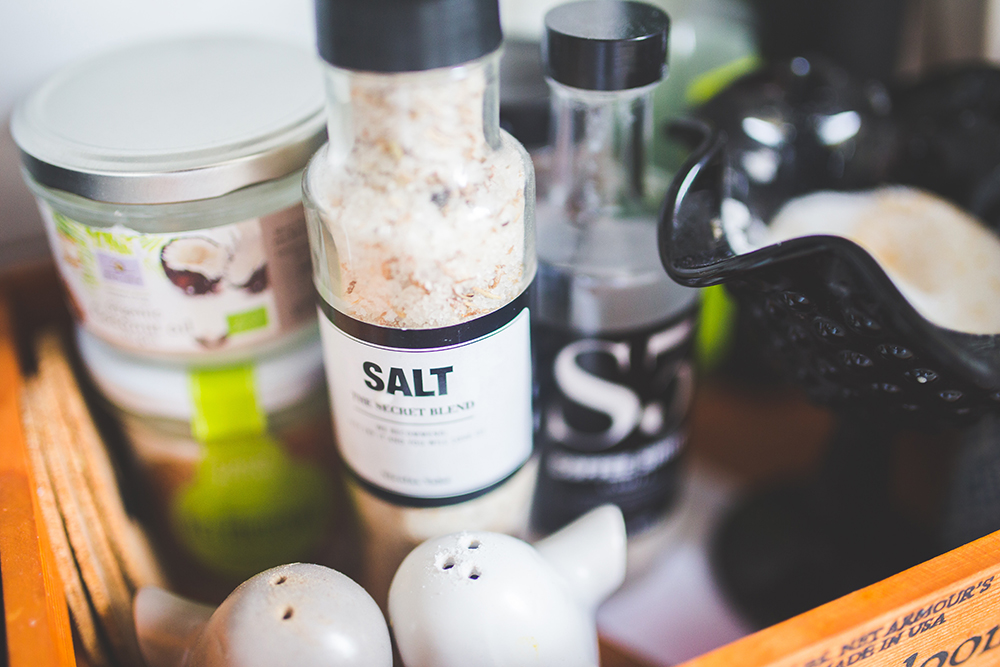Omega 3's – Do Omega 3's Really Help Lower Cholesterol and Blood Pressure?

Two new studies showing contradictory results when it comes to omega 3 fatty acids and cardiovascular disease risk.
Study #1
Researchers compared the heart health and exercise capacity of 98 patients randomly divided between a control group receiving a placebo supplement and the test group supplementing 850-882 milligrams of the omega 3 fatty acids DHA and EPA. All study participants were diagnosed with early stage heart failure.
4 Steps to Overcome a Weight Loss Plateau
 Hitting weight loss plateaus are a part of the weight loss journey. Don’t let them discourage you!
Hitting weight loss plateaus are a part of the weight loss journey. Don’t let them discourage you!
Here are four areas to begin evaluating first so you can overcome this hurdle and continue losing weight:
1. Too few calories
Lower Heart Disease Risk While at Work
 Being active while you work can reduce your risk for heart disease just as much as exercising in your leisure time.
Being active while you work can reduce your risk for heart disease just as much as exercising in your leisure time.
A Finnish study of 60,000 men and women reports reduced heart failure risks when physical activity levels increased at work.
Is alcohol damaging your heart?
Occasionally splurging on alcohol once or twice a week is no big deal, right? New research published in the British Medical Journal this past November 2010 would argue otherwise. Researchers found heavy drinking or binge drinking a couple days a week worse for the heart than drinking a moderate amount of alcohol throughout the week.
The 10 year study analyzed the Prospective Epidemiological Study of Myocardial Infarction (PRIME) for 9778 men (2405 men from Belfast, Northern Ireland and 7373 men from France) between the ages of 50-59 years-old.
The participating men were divided into four groups – non-drinkers, former drinkers, regular drinkers, and binge drinkers. Binge drinking was defined as excessive alcohol consumption equivalent to 4 or 5 drinks in a short period of time, such as a weekend day.
Risk Factors . . .
Lower High Blood Pressure – 5 Surprising Sodium Sources

As you work to lower high blood pressure, it’s important to limit the sodium in your diet. Current recommendations are to limit your sodium intake to 2300 mg per day or less. The new 2010 Dietary Guidelines will be released this year and it looks like sodium recommendations are going to be reduced even further to 1500 mg per day for all Americans (not just those with high blood pressure!).
Many studies repeatedly find significant decreases in systolic and/or diastolic blood pressure with a reduction in sodium intake.
Surprising sodium sources
Lower Blood Pressue by Combing Aerobic AND Resistance Training
A study published in the Journal of Strength and Conditioning Research evaluated the impact of resistance training versus aerobic training on arterial blood flow.
Research to date has shown a significantly lower arterial distensibility (AD) after resistance training, but a higher AD after aerobic exercise. Arterial distensibility (AD) is a measure of blood vessel elasticity. For heart health it’s important that blood vessels are able to expand and contract to maintain a consistent healthy blood pressure.
The Study



